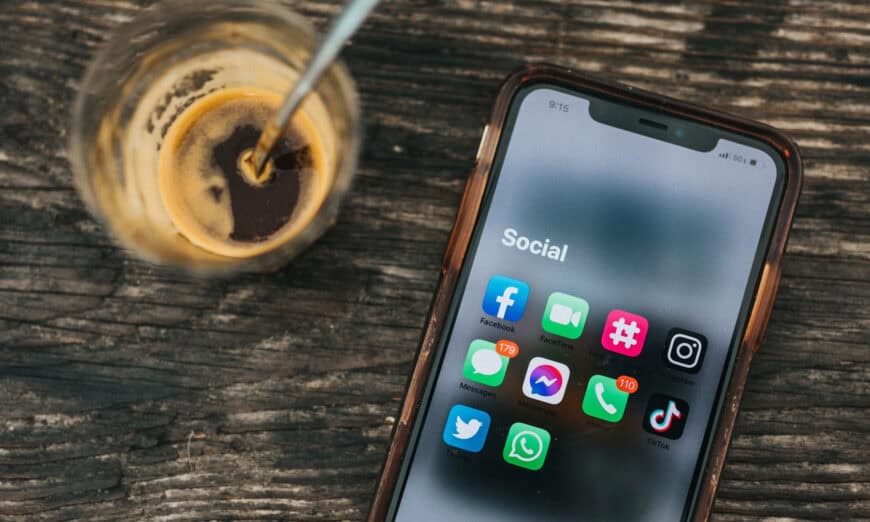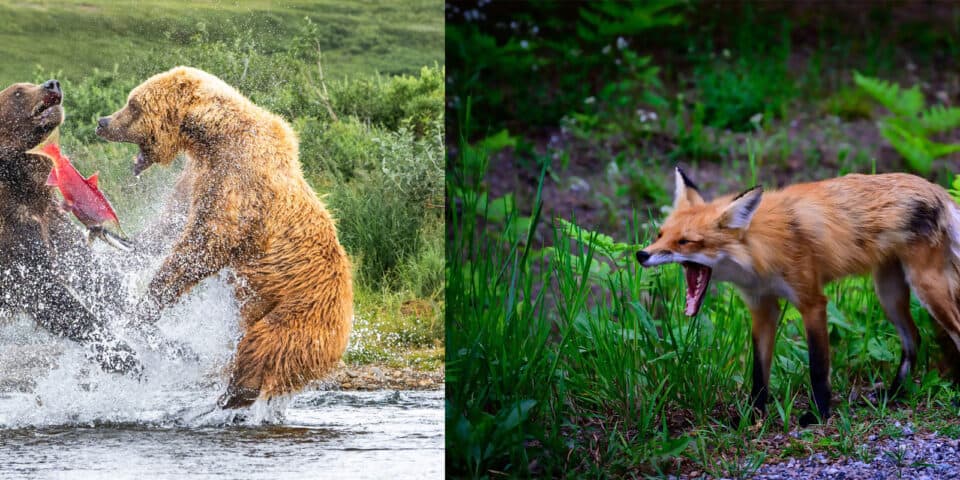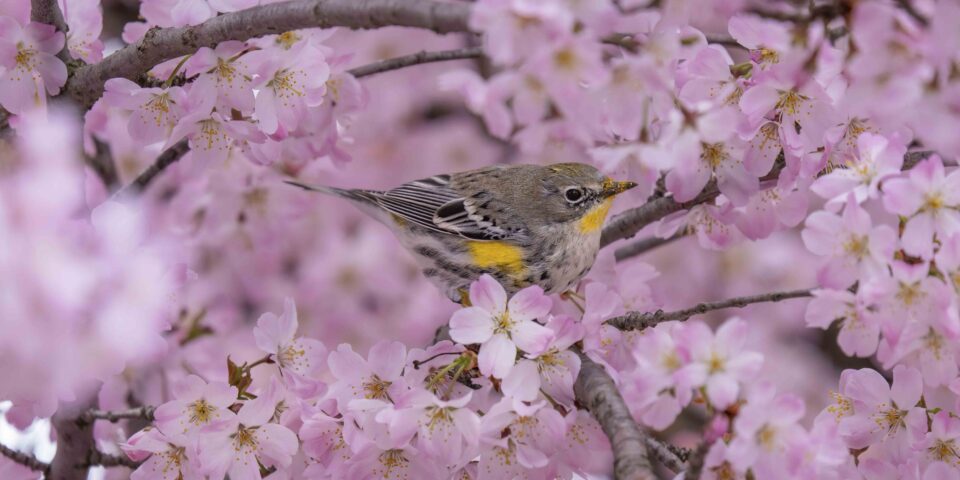
If you’re a content creator, choosing the right social media platform can be just as important as the content itself. Each platform has its own strengths, audiences, and algorithms—and finding the right fit can help your content go further and work harder for you.
In 2025, the social media landscape continues to evolve. From short-form video to long-form storytelling, niche communities to all-in-one platforms, here’s a breakdown of the best platforms for creators this year, based on content type, audience, and growth potential.
For Video Creators: YouTube & TikTok
YouTube – Long-form Video & Evergreen Content
Best for: Filmmakers, educators, vloggers, tech reviewers, product demos
Why it works: YouTube remains the king of long-form video and evergreen search. It’s where users go to learn, binge, and be inspired. Monetization is also more structured through AdSense, memberships, and YouTube Shorts bonuses.
What to post:
- In-depth reviews and tutorials
- Mini-documentaries or travel vlogs
- Gear breakdowns, behind-the-scenes content
- YouTube Shorts for discoverability
TikTok – Viral Short-Form Discovery
@henryscamera Yesterday, #HenrysXFujifilm ♬ original sound – Henry’s Camera
Best for: Lifestyle influencers, artists, musicians, DIY creators, personal brands
Why it works: TikTok’s algorithm is still unmatched for viral reach and niche discovery. Its community is engaged, curious, and constantly scrolling for the next relatable or inspiring moment.
What to post:
- Behind-the-scenes creative process
- Quick tips, how-to’s, and before/afters
- Personality-driven content and trends
- Engaging stories in under 60 seconds
For Visual Storytellers: Instagram & Pinterest
Instagram – Polished Visuals & Creator Tools
Best for: Photographers, fashion & travel creators, small business brands
Why it works: Despite a shift in focus, Instagram continues to be a powerful visual platform with tools for Reels, carousels, Stories, and direct messaging. Creator monetization tools and shopping integrations are key advantages.
What to post:
- Reels for reach, carousels for education
- High-quality photo dumps
- Branded content and collaborations
- Stories with daily, personal updates
Pinterest – Passive Reach & Evergreen Traffic
Best for: DIY creators, bloggers, designers, photographers
Why it works: Pinterest is a powerful visual search engine with long-lasting reach. It’s especially effective for driving traffic to blogs, websites, or online shops.
What to post:
- Vertical pins with clear titles and visuals
- Photo collections, step-by-step guides
- Moodboards and seasonal content
- Links to full videos, recipes, or articles
For Podcasters & Thought Leaders: LinkedIn & YouTube Podcasts
LinkedIn – Professional Thought Leadership
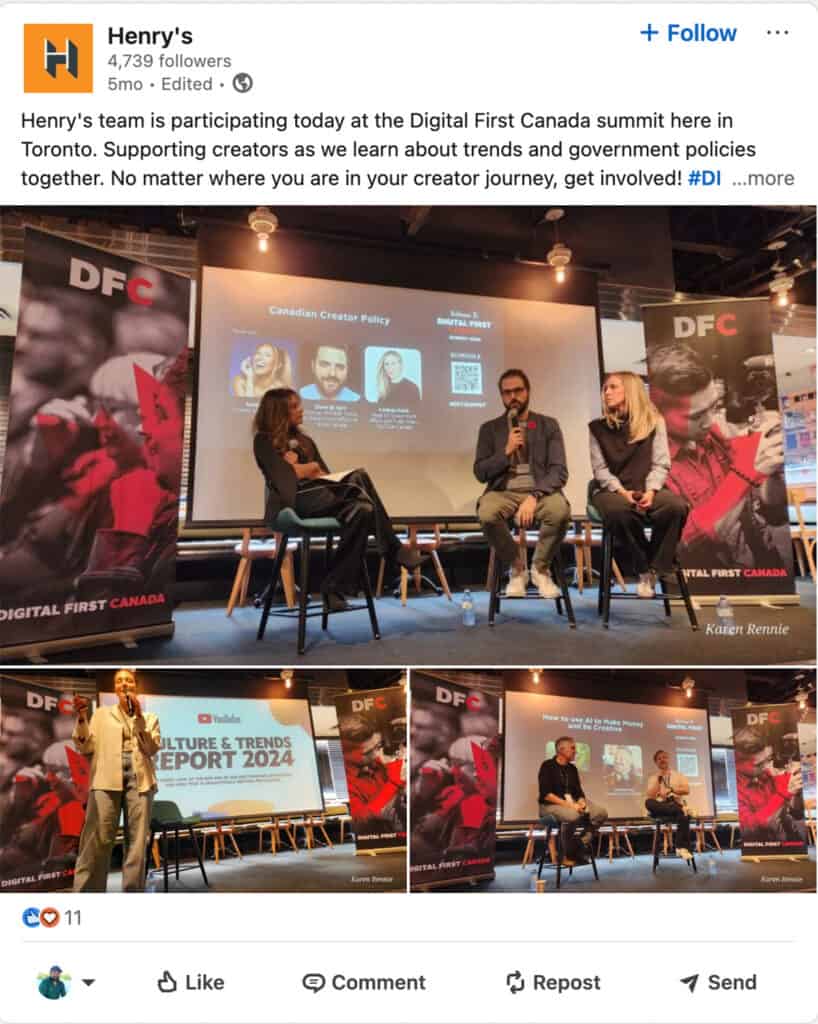
Click here for Henry’s LinkedIn
Best for: Educators, consultants, marketers, B2B creators
Why it works: LinkedIn has evolved beyond resumes—creators are using it to share insights, video snippets from podcasts, and build credibility. Engagement is high in niche communities.
What to post:
- Short, value-driven clips and posts
- Articles, polls, and personal growth stories
- Branded podcast highlights
- Behind-the-scenes business content
YouTube Podcasts – Video-First Listening
Best for: Existing YouTubers, interview-based shows, visual podcasters
Why it works: YouTube is pushing podcasts hard with dedicated podcast tabs, monetization, and Shorts integration. Video podcasts allow for multi-platform reach and audience engagement.
What to post:
- Full-length episodes and segmented clips
- Shorts for each episode’s highlights
- SEO-friendly titles and guest features
For Writers & Storytellers: Threads by Instagram
Threads – Conversational & Real-Time Engagement
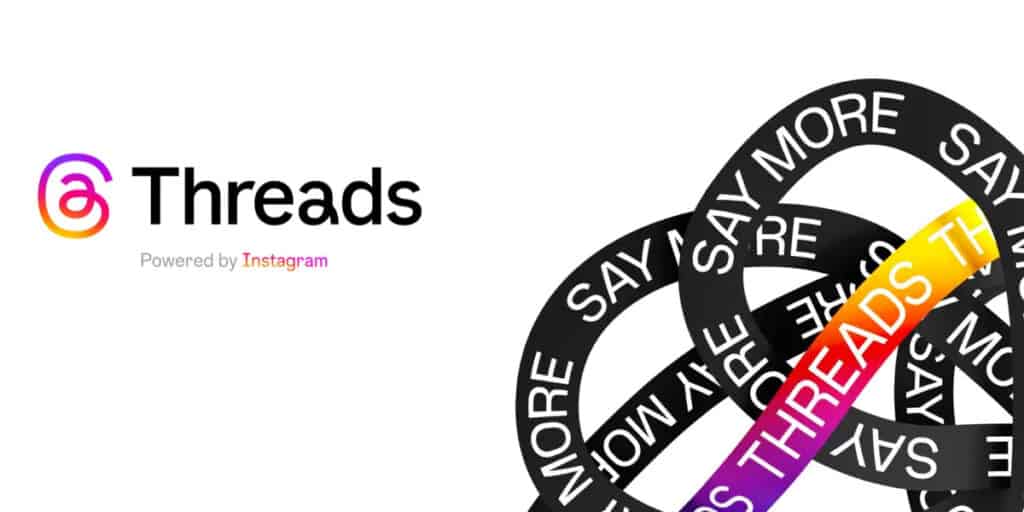
Best for: Creators with strong opinions, quick insights, or community engagement goals
Why it works: Meta’s Threads is maturing quickly in 2025 with better discoverability and integrations with Instagram. It’s a great place for quick content updates, hot takes, and building a loyal audience.
What to post:
- Quick thoughts, micro-blogs, announcements
- Threaded tips or insights
- Cross-promotion with Instagram content
For Community Building and Engagement
Facebook – Community, Sharing, and Targeted Growth
Best for: Small businesses, educators, event-based creators, local photographers, and creators with existing audiences
Why it works: While it may not be the platform for viral short-form content, Facebook remains a powerhouse for community-driven creators. Groups, Pages, and Events continue to offer creators a space to build relationships, offer services, and promote content through boosted posts and ads. It also pairs well with Instagram for cross-posting.
What to post:
- Behind-the-scenes photo sets
- Event invites and local workshops
- Cross-posted Reels or livestreams
- Tips, long captions, or stories that invite discussion
Use it to:
- Build a loyal, discussion-based audience
- Share your YouTube or blog content
- Funnel traffic to e-commerce or service pages
- Run targeted Facebook/Instagram ads for content or offerings
Which Platform Is Best for You?
Here’s a quick guide based on your content type:
| Creator Type | Best Platforms |
|---|---|
| Videographer/Filmmaker | YouTube, TikTok |
| Photographer | Instagram, Pinterest |
| Podcaster | YouTube Podcasts, LinkedIn |
| Small Business Owner | Instagram, Threads, YouTube Shorts |
| Writer/Thought Leader | Substack, LinkedIn, Threads |
| DIY/How-To Creator | Pinterest, TikTok, YouTube |
How to Leverage Multiple Platforms to Amplify Your Reach
In 2025, successful content creators aren’t trying to be everywhere at once—they’re building strategically. The key is to choose one main platform that aligns with your content style and audience, then use complementary platforms to support, extend, and repurpose that content. Here’s how to make it work:
1. Choose Your Primary Platform
Start by identifying where your content naturally thrives.
- If you’re making long-form video, YouTube is your anchor.
- For short, viral content, TikTok may be your go-to.
- If polished visuals are your strength, start with Instagram.
- Writers and thought leaders may prefer Substack or LinkedIn.
Your primary platform is where you put the bulk of your effort and build your core audience.
2. Repurpose for Supporting Platforms
Once you’ve created core content, use other platforms to reinforce and distribute it:
- YouTube ➝ Shorts, Instagram Reels, TikTok
Chop up a 10-minute video into micro-content that drives traffic back to the full video. - TikTok ➝ Instagram Reels, YouTube Shorts, Threads
Repost high-performing TikToks across platforms, then spark conversation about them on Threads. - Substack ➝ LinkedIn, Instagram Carousels, Pinterest Pins
Turn long-form content into carousels, pull quotes, or “quick tip” threads to tease the full article. - Instagram ➝ Pinterest Boards, Threads Discussions
Use Pinterest to extend the visual story, and Threads for behind-the-scenes commentary.
3. Use Each Platform for Its Strength
Let each platform serve a specific purpose in your funnel:
- TikTok & Reels: Discovery
- Instagram & YouTube: Relationship-building
- Substack & LinkedIn: Authority and thought leadership
- Threads & Stories: Real-time updates and engagement
- Pinterest: Evergreen traffic and visual bookmarking
4. Cross-Link and Call to Action
Every piece of content should nudge your audience to the next step:
- Link your YouTube video in your Instagram Stories
- Invite your LinkedIn followers to subscribe to your Substack
- Encourage TikTok viewers to check out your gear list on your blog
- Use Pinterest to direct traffic to video tutorials or print shops
5. Create a Workflow, Not More Work
Repurposing isn’t about starting from scratch—it’s about creating once and adapting:
- Turn one long video into 4 Shorts, 2 Reels, 1 blog post, and a newsletter tip.
- Use scheduling tools like Later, Buffer, or Metricool to streamline your content calendar.
Final Word
You don’t need to be on every platform. But by being intentional with your content flow, you can turn one great piece into a week’s worth of value—reaching more people, growing faster, and staying focused on what you do best.
Not sure if your gear setup can support multi-platform creation? Visit Henry’s for expert guidance on the cameras, lighting, audio, and accessories that fit your workflow.
Explore More:
Why You Need a Smartphone Gimbal: Elevate Your Content Creation
Content Creation as a Side Hustle: Boost Your Income with a Side Gig
5 Tips for Success as a Content Creator: Photography & Videography
